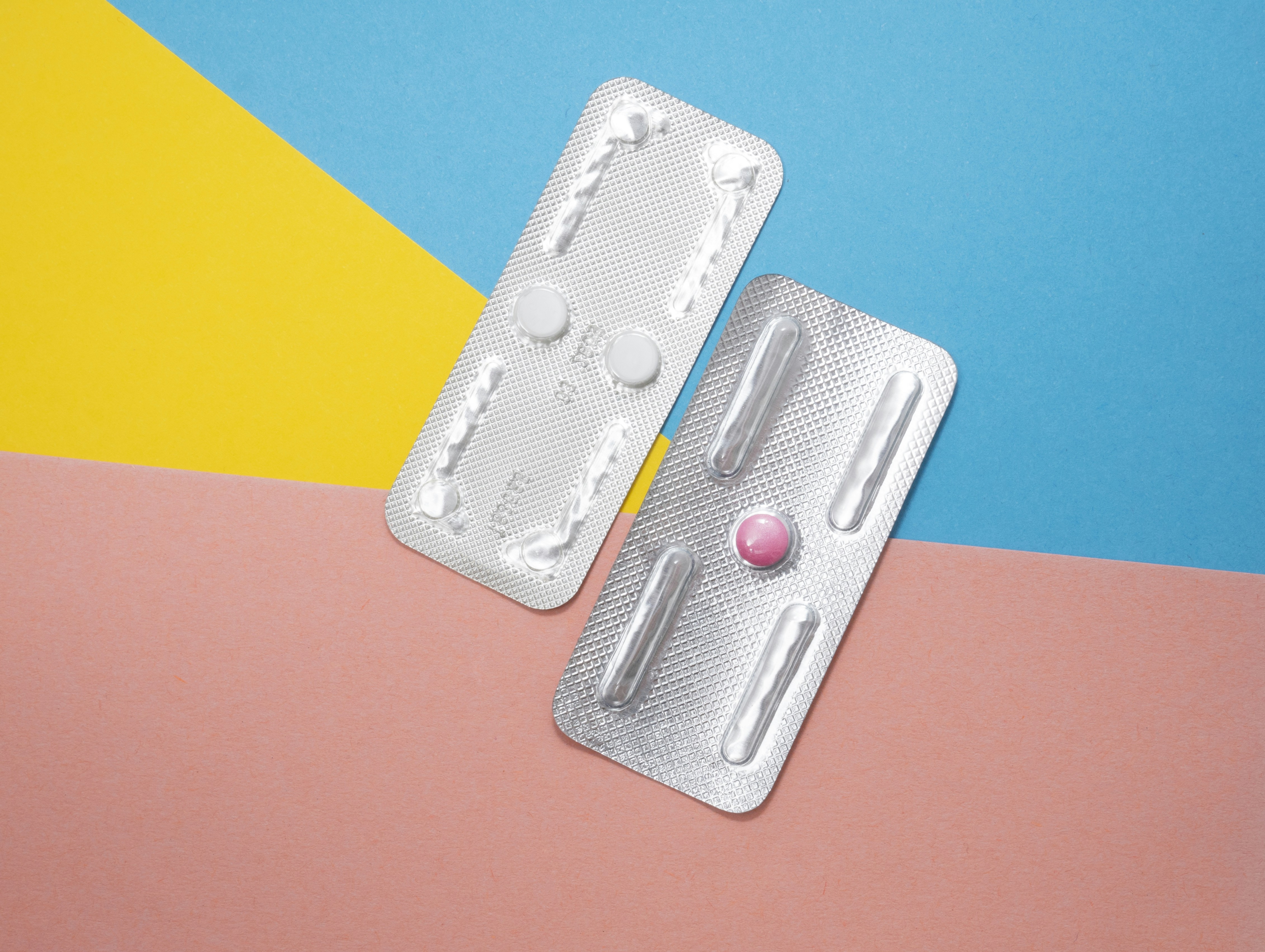Have you ever wondered if cold exposure could really be beneficial for managing autoimmune conditions? The allure of the cold, with its crisp air and refreshing touch, has captivated humanity for ages. But it’s not just its invigorating feel that draws attention; it’s the potential therapeutic benefits that offer promising avenues for those with autoimmune conditions. In recent years, these benefits have started coming into the spotlight, attracting both scientific inquiry and personal exploration.
Understanding Autoimmune Conditions
Before diving into how cold exposure can play a role in managing these conditions, it’s essential to first understand what autoimmune diseases are. They occur when your immune system mistakenly attacks your body’s healthy cells. In essence, it’s like your body fighting an imaginary enemy, leaving you feeling fatigued, sore, or worse.
Common Autoimmune Diseases
While there are over 80 recognized autoimmune diseases, some are more common and recognizable than others. Here are a few:
- Rheumatoid Arthritis: This targets the joints, leading to painful swelling and potential joint deformity.
- Systemic Lupus Erythematosus (Lupus): This can affect multiple systems, including the skin, joints, and organs.
- Multiple Sclerosis (MS): MS disrupts communication between the brain and the body.
- Type 1 Diabetes: Here, the immune system destroys insulin-producing cells in the pancreas.
- Psoriasis: This condition accelerates skin cell production, causing scaly patches on the skin.
Symptoms and Challenges
Living with an autoimmune disease can often feel like a balancing act. Flare-ups can be unpredictable, and symptoms vary widely, affecting different parts of the body. You might face chronic pain, fatigue, swelling, and even changes in skin texture. Managing these symptoms often requires a comprehensive approach involving medications, lifestyle changes, and alternative therapies.
The Science Behind Cold Exposure
Cold exposure, such as ice baths or cold showers, involves short intervals of exposing the body to cold temperatures. The idea isn’t just about enduring the chill; it’s about leveraging it to gain potential health benefits.
How Does Cold Exposure Affect the Body?
When you immerse your body in cold temperatures, several physiological responses are triggered:
- Vasoconstriction: Blood vessels constrict to conserve heat, which helps reduce inflammation and swelling.
- Boosted Metabolism: Cold exposure demands energy, which can activate your metabolism.
- Release of Endorphins: Endorphins, often called ‘happy hormones’, are released, which can elevate your mood and decrease pain perception.
The Immune System and Cold Exposure
Interestingly, cold exposure can also influence your immune system. Research suggests that cold exposure might increase the production of anti-inflammatory proteins. This is like calling in reinforcements for your immune system, potentially making it better prepared to modulate autoimmune reactions.
Benefits of Cold Exposure for Autoimmune Conditions
While research is still ongoing, there are several potential benefits of cold exposure for those managing autoimmune diseases.
Reduction in Inflammation
For many autoimmune conditions, inflammation is the enemy. It causes pain, swelling, and various other troublesome symptoms. Cold exposure promotes vasoconstriction, which may help reduce inflammation, offering relief from pain and swelling.
Enhanced Mood and Reduced Fatigue
Living with an autoimmune condition often means dealing with fatigue and mood swings. Cold exposure can stimulate the release of endorphins, which not only boost mood but also help combat fatigue by enhancing circulation and oxygen supply to your muscles.
Improved Stress Response
Stress is often a trigger for autoimmune flare-ups. Cold exposure can help manage stress by training your body to handle stressors better. When you expose yourself to cold, it’s a controlled stressor, teaching your body to better respond to actual psychological stress.
Implementing Cold Exposure Safely
While the benefits sound enticing, it’s crucial to implement cold exposure safely, especially if you have an autoimmune condition.
Gradual Adaptation
Start slowly. Begin with cool showers and gradually make them colder over time. Your body needs to adapt, and sudden exposure to extremely cold temperatures could be shocking and counterproductive.
Duration and Frequency
Initially, you might find even a minute quite challenging. The key is consistency and gradual progress. Aim for cold exposure a few times a week, increasing the duration as you become more accustomed to it.
Listening to Your Body
Always listen to your body. If you feel dizzy, excessively cold, or in pain, it’s crucial to stop immediately. Your safety should always come first, and discomfort might indicate that you need to adjust your approach.
Consulting with a Healthcare Professional
Consider discussing with your healthcare provider before starting cold exposure therapy, especially if your autoimmune condition is severe. They might offer personalized advice and ensure that those frosty plunges are safe for you.
Real-Life Success Stories
For many, cold exposure has become more than just a routine—it’s a lifeline. Anecdotal evidence abounds on how this simple therapy provides relief from autoimmune symptoms. From improved mobility in those with rheumatoid arthritis to reduced eczema flare-ups in individuals with psoriasis, the stories are diverse and hopeful.
The Resilience of the Human Spirit
Cold exposure, in essence, signifies resilience and adaptability. Those practicing it often mention feeling more in tune with their bodies and better prepared to face the day’s challenges. It’s not just about physical benefits, but an empowering ritual that reminds them of their capability to adapt and thrive.
Other Therapies Complementing Cold Exposure
While cold exposure is promising, a holistic approach often yields the best results. Combining cold exposure with other therapies might enhance its effectiveness.
Nutrition and Diet
A balanced diet rich in anti-inflammatory foods like leafy greens, fatty fish, and berries can complement the benefits of cold exposure. Avoiding processed foods and sugary snacks helps in reducing inflammation naturally.
Mindfulness and Relaxation Techniques
Mindfulness practices like meditation and yoga support both mental and emotional health. These practices help in managing stress, which is crucial since stress can trigger autoimmune flare-ups.
Physical Activity
Regular, moderate exercise can boost your overall health and well-being. Activities such as swimming, walking, or strength training can enhance circulation, reduce inflammation, and improve mood, working synergistically with cold exposure.
Professional Medical Treatments
Always keep up with prescribed treatments and consult medical professionals for personalized advice tailored to your specific condition.

The Road Ahead for Cold Exposure and Autoimmune Conditions
The future is bright when it comes to leveraging cold exposure in autoimmune management. As research advances, more refined protocols might emerge, offering even more benefits.
Continued Research and Exploration
The scientific community continues to explore how cold exposure affects the immune system, and more studies will hopefully unravel the detailed mechanisms involved. This will lead to more targeted approaches, allowing individuals to reap its full benefits safely.
Growing Community and Support
The community of individuals exploring cold exposure is ever-growing. Support groups and online forums can become valuable resources, providing shared experiences, tips, and encouragement.
A Personalized Journey
Remember, managing an autoimmune condition is a highly personal journey. What works for one person might not necessarily work for another. Listening to your body, staying informed, and being open to trying new approaches are keys to finding what suits you best.
Ultimately, the path to managing autoimmune diseases is multifaceted. Cold exposure offers a compelling approach, potentially unlocking new dimensions of relief. While it’s not a one-size-fits-all solution, its promise of reduced inflammation, enhanced mood, and improved stress response are worth consideration. So, would a little chill do some good? Perhaps. With careful exploration and an open mind, it might just become a valuable ally in your journey towards better health.




